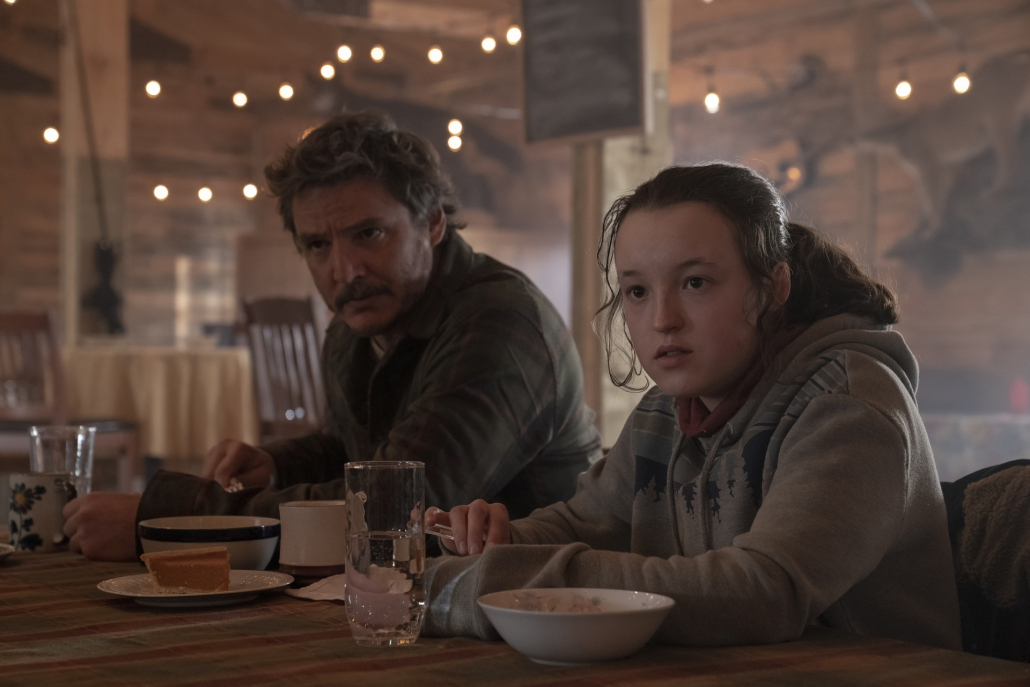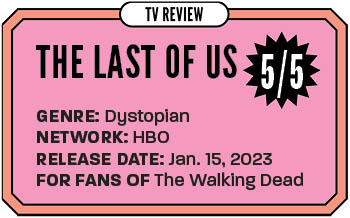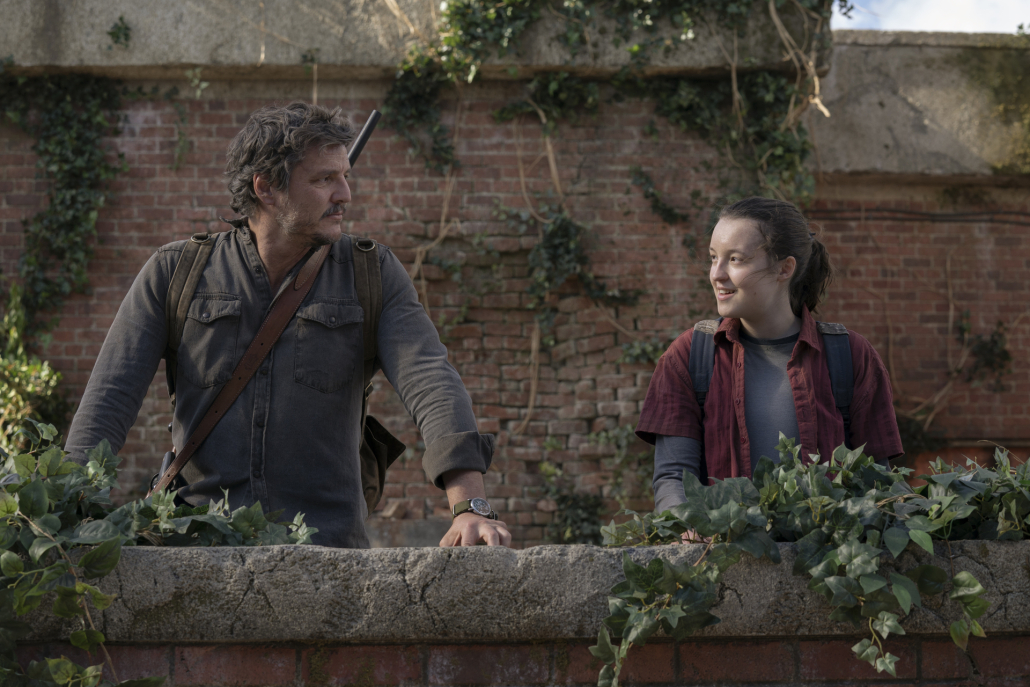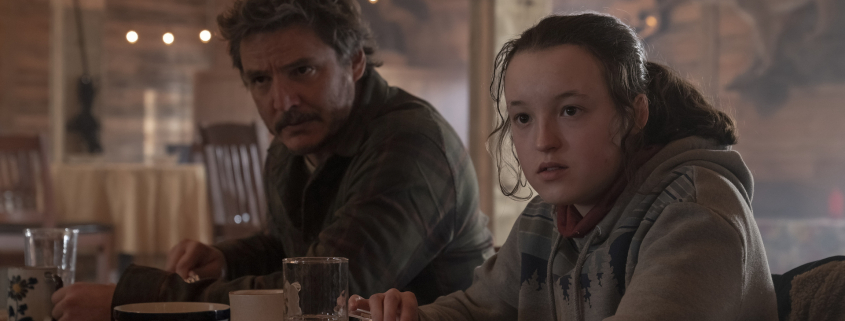‘The Last of Us’ is a triumph of triumphs


If there is only one show you are going to watch this semester, you might as well make it “The Last of Us.” “You mean the one with the zombies?” my friend asks me over breakfast, busy as I am raving about it to everyone else at the table. To simply call it “the show with zombies” would be doing it a great disservice. What creators Craig Mazin and Neil Druckmann have pulled off is nothing short of extraordinary.
Starring Pedro Pascal and Bella Ramsey, HBO’s “The Last of Us” — based on the blockbuster 2013 Naughty Dog video game — is set in a post-apocalyptic America, 20 years after a fungal pandemic has destroyed much of world civilization and humanity. The show follows Joel (Pascal), a hardened smuggler, and Ellie (Ramsey), a bright young girl who may hold the key to a cure, as they travel across a battered America full of infected zombie-like creatures, resistance groups and other unknown threats. Along the way, new friends are made, new enemies are forged, hearts are broken, hearts are mended and lives are forever changed. To say the least, this journey is not easy.
The first thing viewers will notice is the sheer size and scope of the show. Through dozens upon dozens of massive set pieces, stunning sights and locations, and detailed and intricate designs at every level, production designer John Paino does a fantastic job bringing the world to life, presenting a remarkable kind of beauty to the world’s depression and devastation, grounding “The Last of Us” in realism, shock, awe and serious legitimacy. It is a beautifully constructed and even more beautifully shot show. Cinematographers Ksenia Sereda, Eben Bolter, Christine A. Maier and Nadim Carlsen knock it out of the park with their work, framing the most epic of moments with such wide-eyed wonder and amazement and the most intimate of moments in such deeply moving and personal styles.

Every single performance is a masterclass. Pascal and Ramsey lead the charge, but it cannot be understated just how fantastic and rewarding every single guest star’s work is on the show. Mazin and Druckmann’s writing is masterful and irresistible, and Gustavo Santaolalla and David Fleming’s music is haunting and unforgettable.
Perhaps where “The Last of Us” succeeds the most is in its pure humanity. It is a show about people and their connectedness in all facets even in the darkest of times. And with that, it is an ugly show. Characters are beyond flawed, choices are beyond nuanced and lines are beyond grayed. And yet, the beauty of humanity and our world is found in that very imperfection.
At its core, the zombies themselves could honestly mean very little to the greater themes of the show. “The Last of Us” is a hopeful and reaffirming meditation on life, a devastating and melancholic eulogy on love, a fascinating experiment on family and a deeply meaningful, shocking and revelatory exploration of what it truly means to survive and how far we are willing to go to save all that we love.
Every episode is a journey, painstakingly crafted to perfection. Mazin and Druckmann go beyond honoring the source material with their passion and faithfulness. Through this adaptation for television, they enrich and improve upon the source material in the best of ways. Each episode left viewers deeper in awe and deeper in love with the world, characters and story of “The Last of Us.”
It is easily one of the best things to hit television in years, and it is a must-watch for anyone who seeks an emotional, exciting, fulfilling adventure. When entertainment transcends its boundaries, when media transcends its mediums, a story is no longer just about being read, heard, played or watched — it is about being lived. For the past two months, we have lived “The Last of Us,” and I have truly, deeply loved this work of art.

